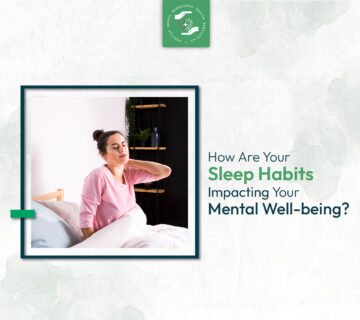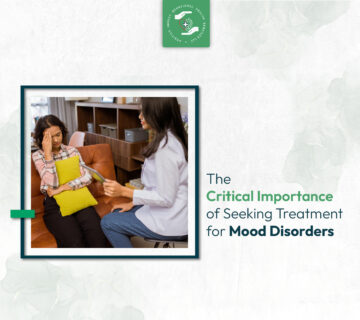Anxiety can be an overwhelming experience, affecting both the mind and body. In recent years, mindfulness coping has emerged as a popular technique to manage anxiety. But what exactly is mindfulness coping, and how can it help alleviate anxiety? In this blog, we will explore these questions and provide simple steps to incorporate mindfulness into your daily routine.
Understanding Mindfulness Coping
Mindfulness coping involves being present in the moment and acknowledging your thoughts and feelings without judgment. This practice helps to create a sense of calm and focus, allowing you to manage anxiety more effectively. By engaging in mindfulness, you’re learning to view each moment objectively, freeing yourself from the grip of overwhelming emotions.
At the heart of mindfulness coping is the concept of acceptance. Instead of fighting against stressful thoughts, you learn to accept them as transient, acknowledging their presence without attaching importance to them. This can dramatically shift your perception of anxiety, reducing its hold on your daily life.
Many studies suggest that mindfulness coping doesn’t just help with anxiety; it can also improve overall mental well-being by encouraging positive thoughts and fostering a greater sense of self-awareness. With practice, this technique can become a valuable part of your mental health toolkit.
Recognizing Anxiety Triggers
Identify the specific situations or thoughts that trigger your anxiety. By understanding these triggers, you can employ mindfulness techniques to respond more calmly when they arise. This awareness is essential because it empowers you to take proactive steps towards reducing your anxiety reactions.
Common anxiety triggers can include stress at work, relationship challenges, or even certain social situations. By documenting these experiences and examining the context, you lay the groundwork for practicing mindful interventions effectively. Being mindful allows for a proactive approach to anxiety management.
Implementing Mindful Breathing
Focus on your breath as a tool to anchor yourself during moments of anxiety. Take slow, deep breaths and pay attention to the sensation of the air entering and leaving your body. This simple act can significantly ease anxiety symptoms and is readily accessible anytime and anywhere.
Mindful breathing doesn’t require extensive practice or complicated steps. It can be as simple as inhaling deeply, holding the breath for a moment, and then exhaling slowly. This breathing pattern signals the body to calm down, easing the physiological responses associated with stress and helping to center your mind.
Mindfulness meditation is also integral to mindful breathing practices. It further enhances your ability to stay grounded in the present, providing additional support for anxiety management. Together, these techniques encourage a harmonious connection between mind and body.
Using Body Scans for Relaxation
A body scan is a mindfulness exercise where you mentally focus on each body part, from head to toe, relaxing them as you go. This practice can help reduce tension and promote a sense of peace, crucial for alleviating anxiety symptoms.
By systematically scanning the body, you cultivate self-awareness. Noticing areas of tension or discomfort allows you to address them thoughtfully, promoting relaxation and relieving stress signals. The act of a body scan reconnects mind and body, fostering a holistic approach to well-being.
Practicing Mindful Observation
Mindful observation involves using your senses to engage with your surroundings intentionally. Observing the sights, sounds, smells, and textures around you helps shift your focus away from anxiety-provoking thoughts and places your attention on the immediate environment.
By tuning into the minute details around you, like the fragrance of flowers or the rustle of leaves, mindfulness fosters a deeper connection with the present. This immersive experience dampens the amplitude of anxious thoughts and redirects energy into crafting positive, calming experiences.
Developing a Daily Mindfulness Routine
Consistency is key. Make mindfulness a part of your daily routine by setting aside time each day to practice. Whether it’s a few minutes of meditation or mindful walking, regular practice will enhance your ability to cope with anxiety. Building this habit can be a transformative journey for your mental health.
Remember, the journey toward integrating mindfulness is personal. Some may find solace in walking meditations, while others may benefit from dedicated mindfulness sessions in a tranquil space. Experiment with various techniques to discover what resonates with you.
Embrace Mindfulness for a Calmer Mind
Mindfulness coping offers a powerful toolkit for managing anxiety by fostering awareness and reducing stress. As you practice these techniques, you’ll likely find an increased sense of calm and control over your anxiety. Remember, like any skill, mindfulness takes time and patience to develop. Take it one step at a time, and soon, you’ll experience the benefits it brings.






No comment